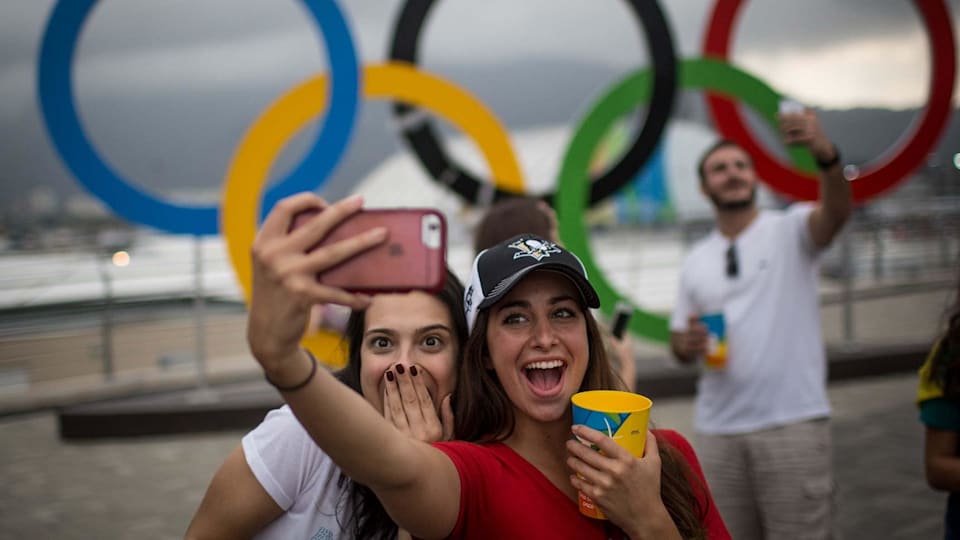New independent study confirms Games provided significant economic benefit to Rio de Janeiro
A recent study by Brazil's Institute for Applied Economic Research (IPEA) has concluded that the Olympic Games Rio 2016 had positive economic impacts on both the city of Rio de Janeiro and its wider metropolitan area.

The research found that, without the Games, the city's gross domestic product (GDP) per capita would have been 7.5 per cent lower (on average BRL 3,700 lower per person annually) in the period leading up to the event (2012 to 2015) – and 5.1 per cent lower (on average BRL 1,900 lower per person annually) in Greater Rio. Rio 2016 helped mitigate the consequences of what would become Brazil’s worst recession on record for the Games host city and region.
According to the study, it was possible to demonstrate that “in a national macroeconomic landscape of intense crisis, the Games delayed and alleviated the effects of such crisis in Rio’s GDP per capita. Our findings point to a positive, growing effect of considerable magnitude throughout the entire period”.
The new paper confirms the conclusions of previous research in Brazil that attested to the economic benefits of the Games in Rio de Janeiro.
A survey conducted by the Social Policy Centre at the Getulio Vargas Foundation in 2016 showed that the base of the social pyramid in Rio mostly benefited from the increase in labour income during the pre-Olympic period. The income of the poorest 5 per cent grew by 29.3 per cent, compared to 19.96 per cent for the richest 5 per cent. Job creation accounted for 82 per cent of the local economic growth.
Another IPEA study published in 2017 already linked the preparation and delivery of the Games with growing economic activity. It found that the percentage of the population without a paid occupation in Rio dropped from 8.1 in early 2012 to 4.2 in the middle of 2015, while it went from 7.9 to 8.3 across the country as the effects of the recession started to be felt.
Another IPEA study published in 2017 already linked the preparation and delivery of the Games with growing economic activity. It found that the percentage of the population without a paid occupation in Rio dropped from 8.1 in early 2012 to 4.2 in the middle of 2015, while it went from 7.9 to 8.3 across the country as the effects of the recession started to be felt.